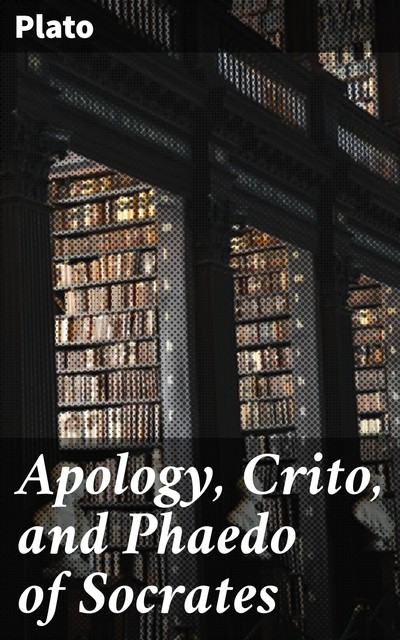Plato's “Apology, Crito, and Phaedo of Socrates” presents a profound philosophical examination of Socrates' trial, his defense, and his reflections on justice and the immortality of the soul. Written in a dialectical style, these dialogues feature Socratic questioning and rigorous logical reasoning, capturing the essence of Socratic philosophy against the backdrop of Athenian democracy. The interplay of ethics, duty, and the pursuit of truth resonates deeply within the literary context of the Socratic legacy, where the pursuit of knowledge is both a personal journey and a public challenge to the norms of society. Plato, a student of Socrates, is uniquely positioned to recount these events with an authenticity that exemplifies his mentor's enduring influence. His philosophical inclinations stem from a profound commitment to exploring the nature of morality, knowledge, and existence. This work emanates from Plato'Äôs search to elucidate Socrates'Äô ideals, especially the dialogue'Äôs powerful themes of virtue, justice, and philosophical inquiry, which mirror Plato's own philosophical pursuits. “Apology, Crito, and Phaedo of Socrates” is highly recommended for anyone seeking to delve into foundational philosophical concepts that continue to shape modern thought. Plato'Äôs eloquent prose and Socrates'Äô unwavering commitment to truth invite readers to engage with ethical dilemmas and reflections on life and death, making this work an invaluable resource for scholars, philosophers, and students alike.


